Paul Pietsch
nat rosasco • April 7, 2020
Researcher, Artist:
National Assembly of State Arts Agencies
Washington, DC
Bio:
Paul Pietsch leads NASAA’s qualitative research on programmatic and policy trends in state arts agencies. His research has focused on arts and the military, arts based rural development, arts in healthcare, arts and the opioid epidemic, creative aging, the creative economy, cultural districts, public art, arts education, and diversity, equity and inclusion in the arts, among other things. He also tracks state legislation pertaining to the arts and highlights innovative state arts agency practices in the monthly State to State column of NASAA Notes.
Prior to joining NASAA in 2012, Paul managed the research efforts of the Association for Demand Response and Smart Grid as well as those of the Demand Response and Smart Grid Coalition. He has worked as a writer and fundraiser at Harvard University, Dartmouth College and the Smithsonian National Postal Museum. Paul also is an artist with an M.F.A. and a graduate certificate in arts management from American University in Washington, D.C. He is a faculty member of the Washington Studio School, facilitates life drawing groups, and has served on the Artists’ Advisory Council of the Washington Project for the Arts and the board of directors of Art Enables, an art gallery and vocational arts program for artists with disabilities.
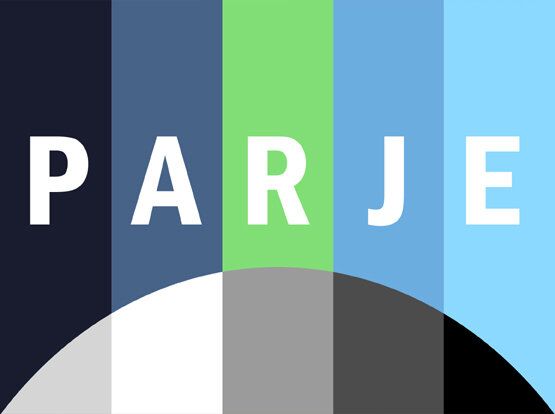
Public Art for Racial education is an organization that believes that public art has an important role in racial justice awareness. They commission and engage artists to create public art in and for each of their communities. Through public art and accompanying public programs, PARJE believes we can better understand our true history, and it can help us to appreciate the rich diversity of our human family and challenge us to be engaged in contemporary racial justice issues.
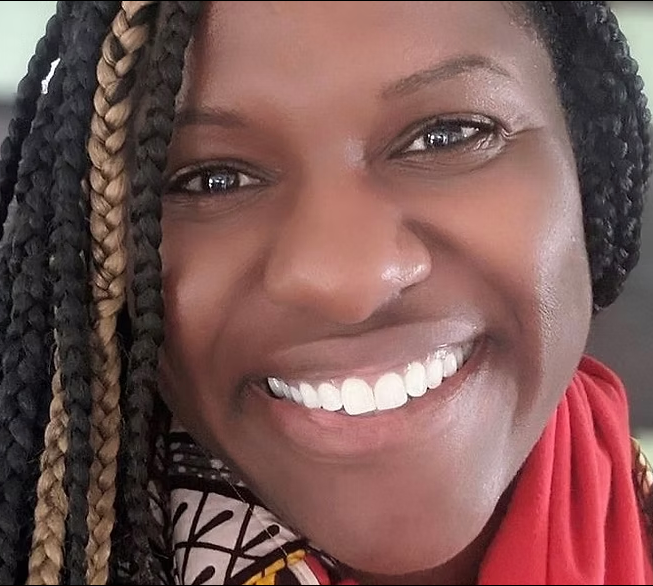
Nicole M Brewer is a passionate advocate for anti-racist theatre. She has spent the last fourteen years refining and practicing an inclusive method of theatre training and practices which she calls Conscientious Theatre Training (CTT). She has authored four articles about the need for the theatre industry to shift from racist and oppressive models to anti-racist and anti-oppressive.
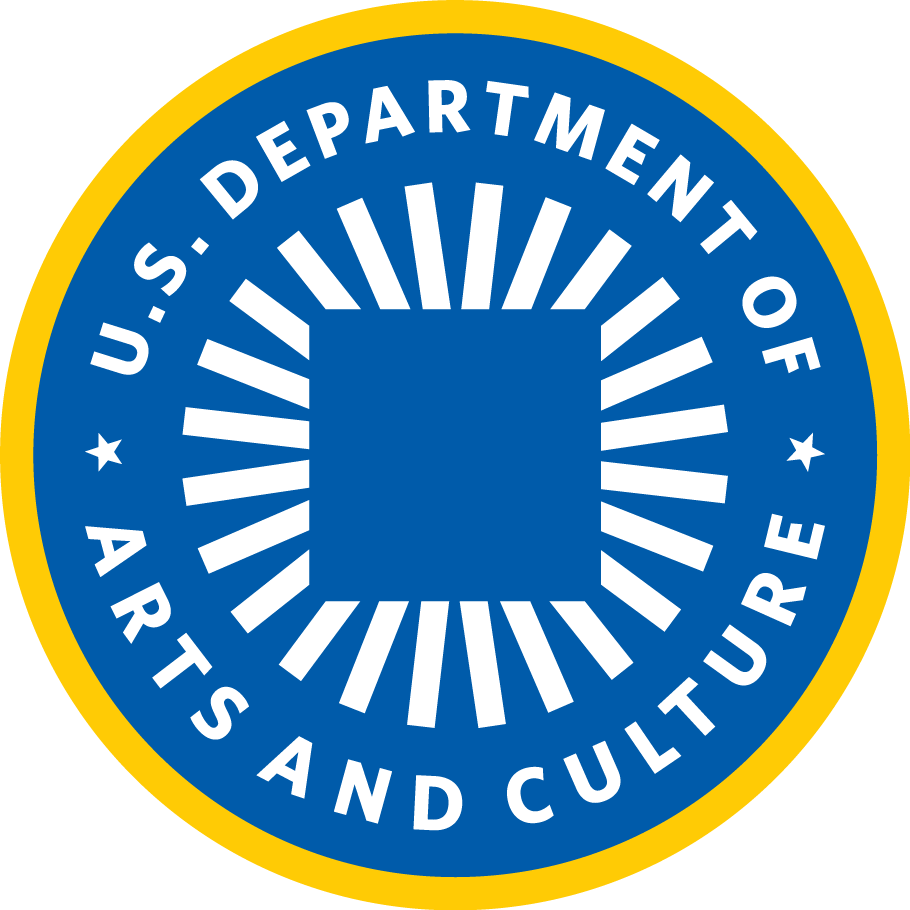
The U.S. Department of Arts and Culture is building a world where every cultural organizer feels connected to and recognizes their critical role in a vibrant movement for liberatory change. The Art & Well-Being: Toward A Culture of Health is a free guide for artists who place their gifts at the service of healing, working for both individual and collective well-being, recognizing social justice as the foundation of a culture of health.
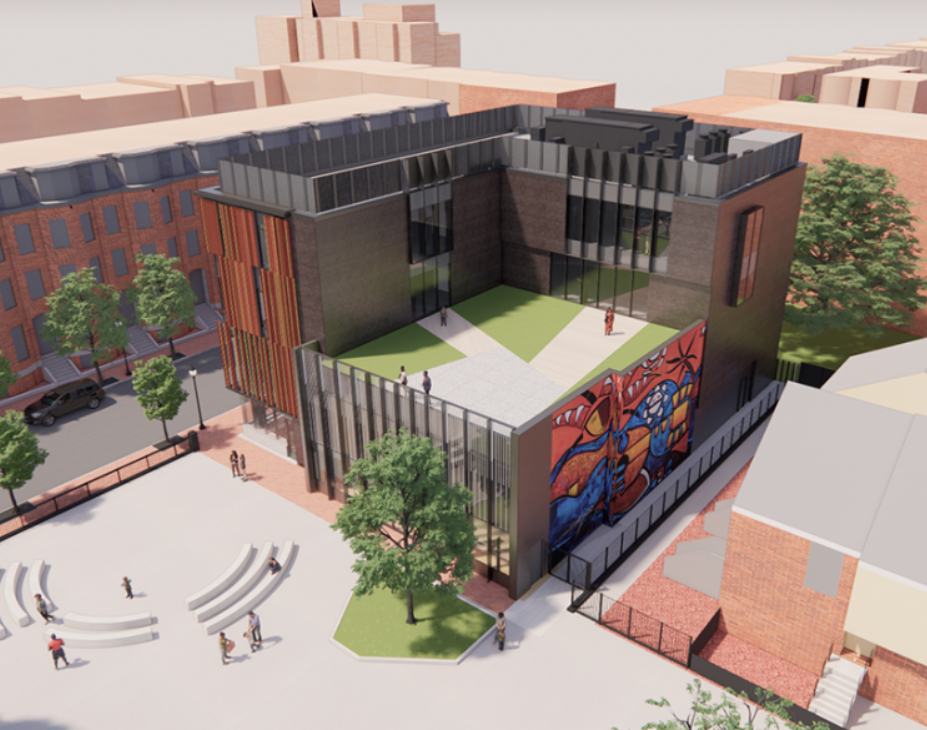
La CASA (Center for Arts, Self-determination, and Activism) is a transformative $33 million initiative by Inquilinos Boricuas en Acción (IBA) in Boston's South End.This four-story facility will consolidate IBA's diverse programs—including affordable housing, education, financial empowerment, and arts—under one roof, enhancing access and community outreach.Supported by a $20 million New Markets Tax Credits allocation and $12 million in tax-exempt bond financing led by TD Bank, La CASA exemplifies a strategic partnership aimed at fostering socio-economic mobility.Upon its anticipated completion in 2026, La CASA is projected to serve over 2,500 individuals annually through resident services and youth development, with an additional 5,000 benefiting from its arts programming, reinforcing its role as a beacon for Latino culture and community empowerment in Boston.
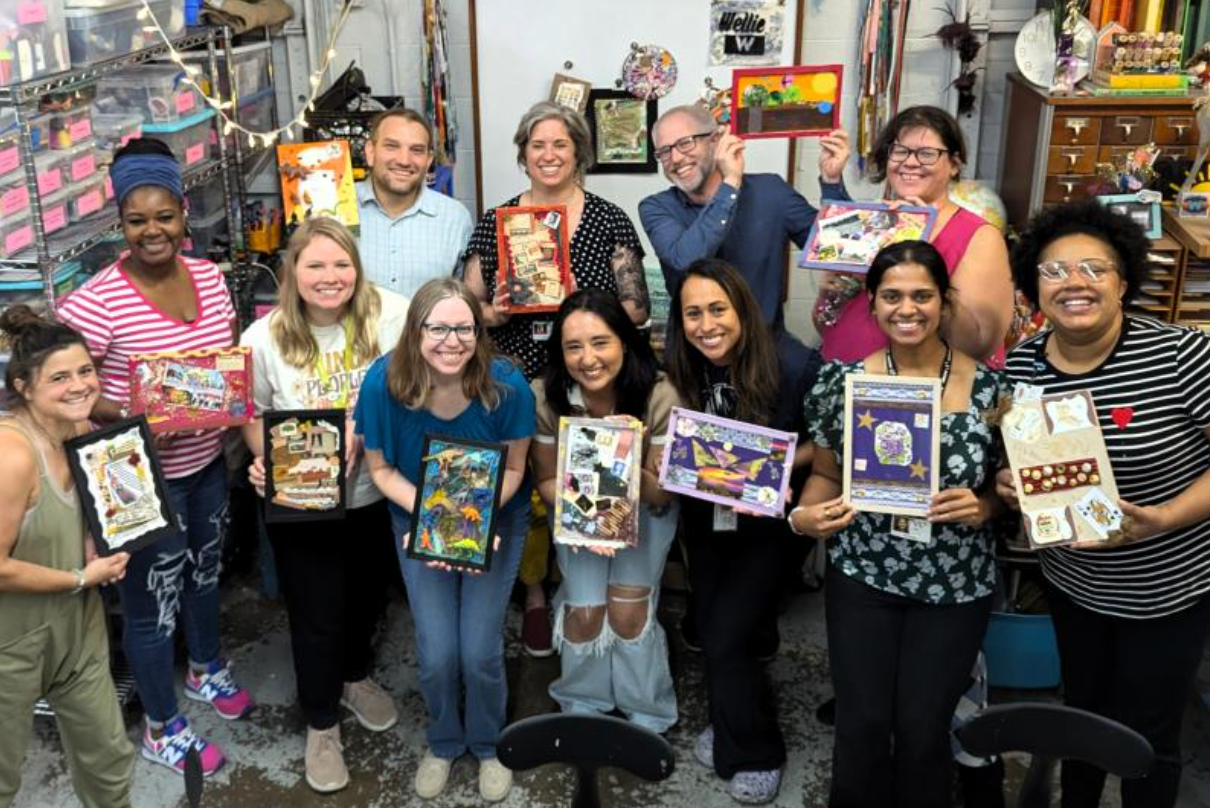
The Welman Project aims to support educators by making the reuse of materials a resource for creativity in the classroom, and to increase arts participation in underserved groups. They serve educators, artists, makers, and families through three main programs: the Educator Resource Program, the Curiosity Shop, and their Creative Reuse Education Program. They are dedicated to using the arts as a space for healing and confronting social injustice.
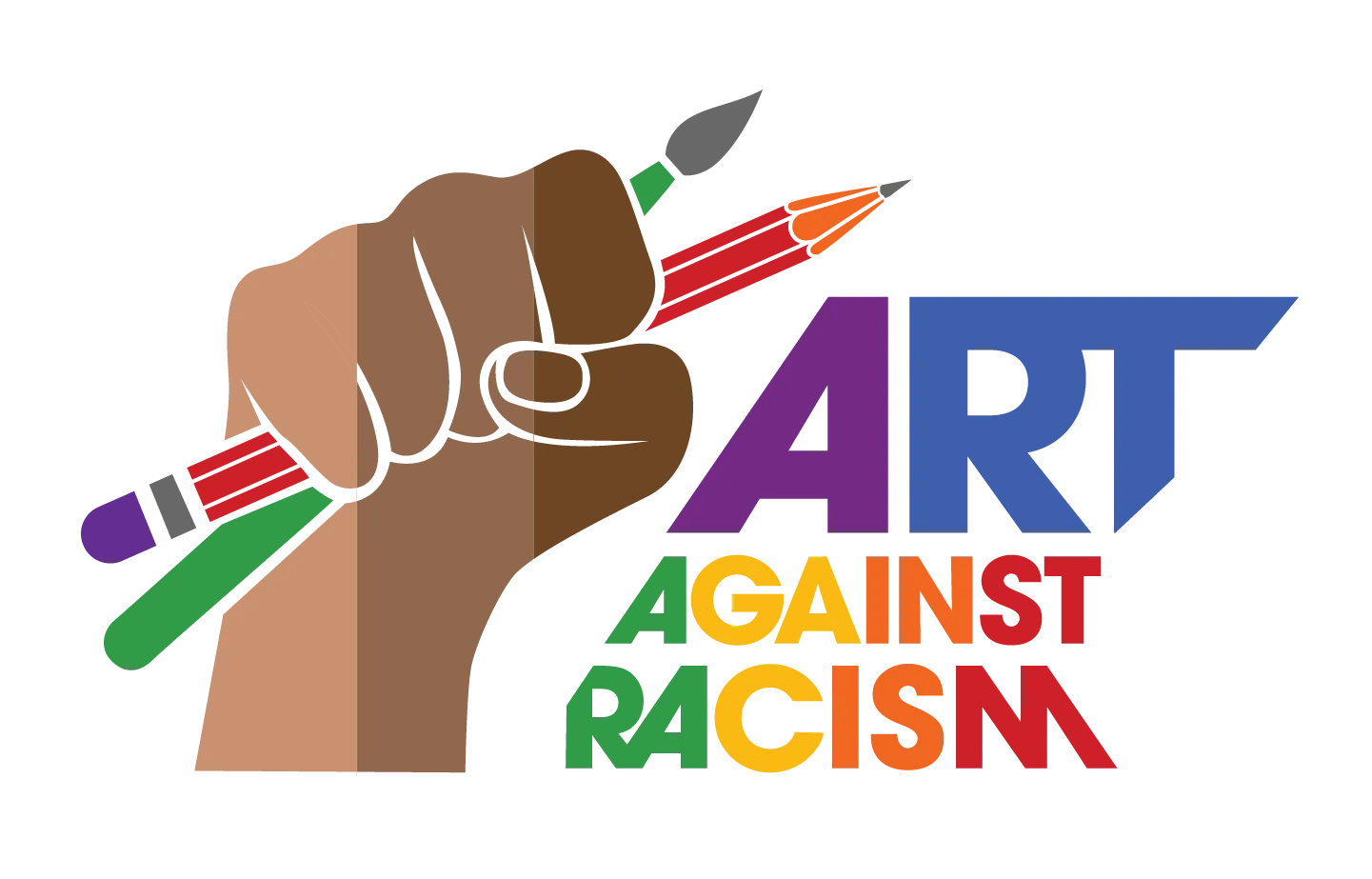
Art Against Racism is a virtual arts exhibition which aims to lift up the tremendous array of creative works made in support of the Black Lives Matter movement. In doing so, project organizers hope that the exhibition will serve as an archive of the national artistic response to this historic moment.



